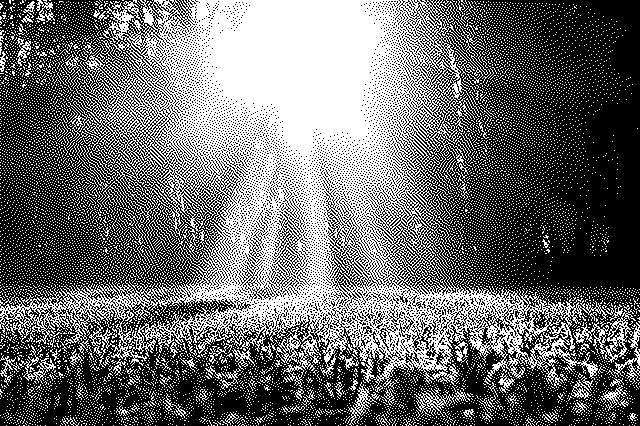
In my home it is no secret that I am no fan of secular Christmas. I was raised outside the Church. When I was a kid, I loved Christmas. The music. The beautiful colors. Nostalgia for a “better time.” The idea of joy, family, and peace. And, naturally, presents.
But, then, I answered the call of Jesus. Christmas, I came to understand, was not just a remembrance of a nice man that gave out pretty sayings and showed an examplary way of life. Christmas was a Christian feast of the Incarnation. God became human. God came to us! The world and the universe were bigger than I had ever imagined. God was real. God knew me and — even when he really and truly knew me — he loved me unconstrained and unconditionally. The nativity is the moment where everything changed. It is the momement were the Word of God took on flesh. My flesh. Your flesh. Our flesh. “Cur Deus homo?"/“Why did God become Human?” asked St. Anselm. One begins to find the answer to that question with Christmas.
As a Christian, secular Christmas hurts me. I know who Christ is. I know what he means for the world. And what do I see? My fellow human beings live “as in the time of Noah.” “They didn’t realize anything,” says St. Matthew, “until the great flood came.” I see secular Christmas as a lie. There is no joy outside of God. There is no peace unless God brings it. There is no eternal family outside of the Communion of Saints, the Body of Christ.
But, but, but. God gives common grace to all his children. God can be found everywhere in his creation. At Target. With Santa Claus and Jingle Bells. Secular Christmas can also be good. For most people, secular Christmas is a time of joy and fun. Like All Saints Day, we think fondly about the people who aren’t with us anymore. We think about the nice times of our childhood. Santa Claus, Jingle Bells, silver, gold, red, green; they all take us out of the every-day and bring us joy.
Target, Opry Mills, television, and the radio all say that it’s Christmas. It is a celebration. It is a holiday. What are we celebrating? “That doesn’t really matter,” they all say. Just celebrate. Just shop. Just have a party.
The Church doesn’t have any problems with parties. (The first miracle of Jesus was at a party.) My question is only this: are we ready for a feast of the Incarnation? Do we really understand how big an event that was? Do we understand — and do we actually believe — that the cross wasn’t the end? That Jesus is coming back?
“Therefore, you should always be ready,” said Jesus. He says that not because we wants us to be afraid of him. No. He loves us. He is love. He just wants us to always be ready. Ready to remember what and who we celebrate. Ready to say why we love our fellow human beings. Ready when others need our help, love, and companionship and not just gifts and cards.
It is the season of Advent. It really is okay to participate in secular Christmas. But, in the middle of the chaos, don’t forget what we’re preparing for. On December 25th we begin our actual celebration. We celebrate for twelve days. God became human! God came to us to save us! God be praised! In the comming weeks, prepare yourself. Pray more. Read your Bible more. Think about the God who became human and who will return someday. Think about what that means and how much he must love you.
“O come, O come Emmanual!” Help us to prepare! Be with us! We don’t celebrate a lie or an empty shopping festival. We celebrate the living God of Israel who became human, who was crucified, and who will come again. God loves us. God loves you. Be ready to praise him! One day he will wrap his arms around you as his beloved sister or brother. In Advent we prepare for the feast of feasts.





